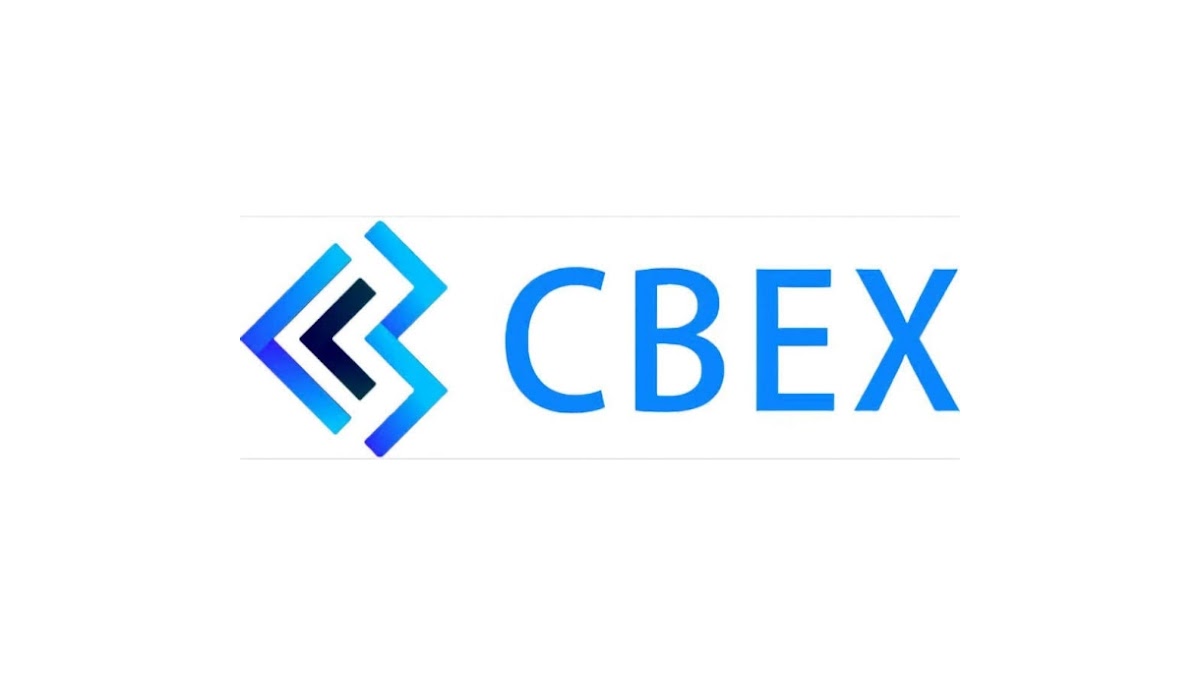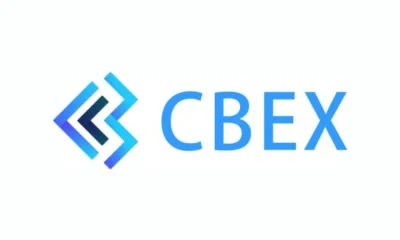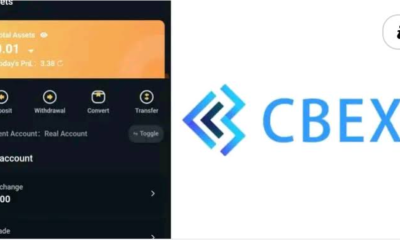Opinion
CBEX: Why Nigerians Keep Getting Scammed
By Benjamin Abioye

In recent years, the desperate search for financial stability in Nigeria has driven thousands of citizens into the arms of unregulated investment platforms—most of which end up as elaborate Ponzi schemes. The latest in this string of financial heartbreaks is CBEX, a digital asset trading platform that has reportedly vanished with over ₦1.3 trillion in investors’ funds.
While CBEX has dominated the headlines, it is only a reflection of a deeper, more troubling trend—one where many Nigerians, eager to multiply their money, fall victim to fraudulent platforms that masquerade as legitimate businesses.
The pattern is alarmingly familiar. These platforms often present themselves with flashy websites, impressive office spaces (usually in Lagos), and well-organized teams trained to win the public’s trust. Some even go as far as hosting events, running influencer-backed marketing campaigns, and paying out early investors to lure in more unsuspecting victims.
What follows is a well-rehearsed script. Once a critical mass of investors is reached, withdrawals are frozen, Telegram channels are shut down, and communication ceases. In the case of CBEX, the platform even added a “verification fee” as a last-ditch effort to squeeze out more money before fully disappearing.
“It’s always the same cycle,” says a cybersecurity expert. “They create the illusion of profitability, gain people’s trust, and then vanish once they’ve taken enough.”
What makes this crisis even more painful is the psychology behind it. Nigerians, long accustomed to economic uncertainty, have developed a dangerous coping mechanism: the hope of beating the system by getting in early and cashing out before a scam collapses. Many people now openly admit to joining such platforms with the full knowledge they may not last.
“I just wanted to double my money and leave before it crashes,” one investor confessed. “I’ve done it before. I thought I could do it again.”
This mindset, while understandable in a climate of economic hardship, only fuels the cycle of loss. Most of these platforms are not registered with the Securities and Exchange Commission (SEC) and operate entirely outside the bounds of regulation. They do not guarantee investor protection, and once they collapse, there is usually no recourse for victims.
What is perhaps most tragic is the silence that often follows. Many victims do not come forward, fearing public shame or legal scrutiny. The real scale of the damage goes far beyond what is reported in the media. Families have been torn apart, life savings have vanished, and for some, the emotional toll has been too heavy to bear.
CBEX is simply one in a long line of scams, albeit one that drew wider attention due to its aggressive advertising and the sheer volume of Nigerians it managed to deceive. But unless there is a concerted effort to educate the public, enforce regulation, and hold fraudsters accountable, this will not be the last.
The government, through the SEC and other agencies, must continue to emphasize that any platform not registered is operating illegally. But beyond that, Nigerians must begin to value financial literacy as much as financial opportunity. Blind trust in any investment offering “guaranteed returns” is a costly mistake—one the country can no longer afford to normalize.
Until then, the streets of social media and private WhatsApp groups will remain filled with tales of regret—cries from the underground, as another Ponzi scheme takes its victims and quietly fades away.
Send Us A Press Statement Advertise With Us Contact Us
And For More Nigerian News Visit GWG.NG











